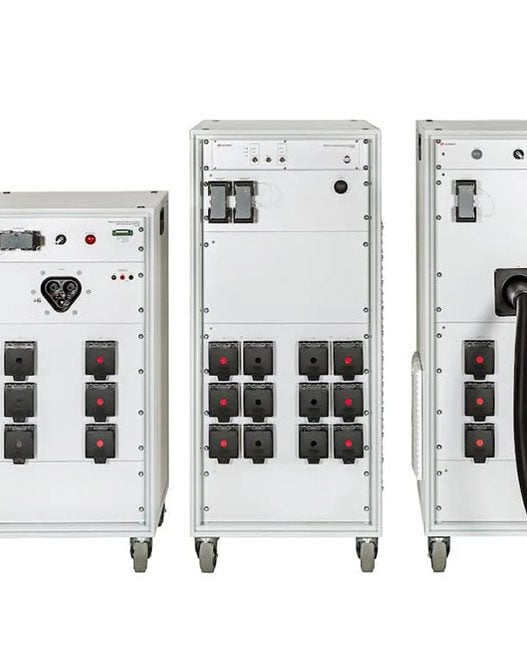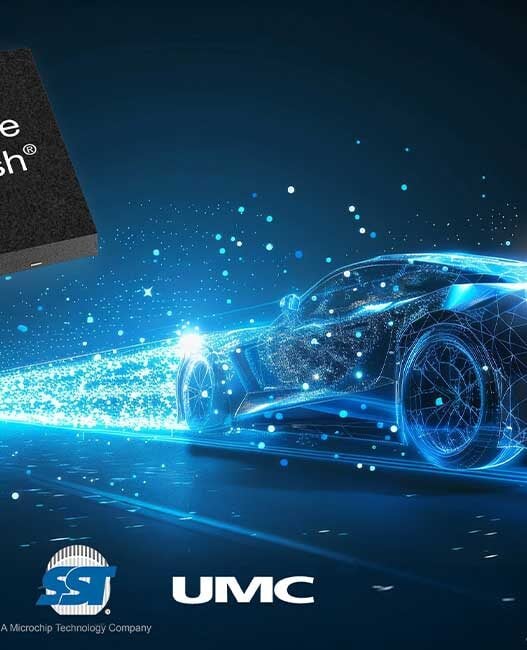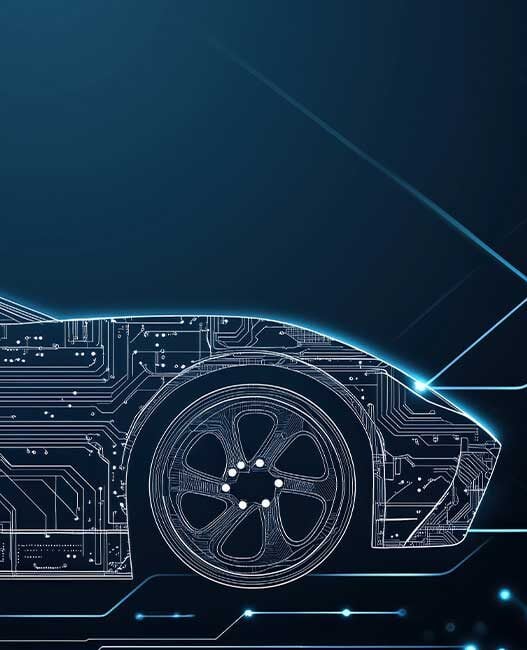The company disclosed preliminary details of its fifth-generation R-Car SoC, which is developed for high-performance uses and features in-package chiplet integration technology. This advancement is set to offer automotive engineers enhanced customisation capabilities in their design processes. For instance, it will enable the incorporation of AI accelerators into a singular chip to boost AI performance in Advanced Driver Assistance Systems (ADAS).
Additionally, Renesas revealed two imminent developments in its next-gen R-Car family for MCUs. The first is a novel crossover MCU series, crafted to bridge the performance gap between conventional MCUs and the more sophisticated R-Car SoCs, suitable for domain and zone electronic control units (ECU) within the emerging E/E automotive architectures. The second is an MCU platform specifically designed for vehicle control applications. Both MCU advancements will employ Arm architectures, contributing to the R-Car family’s comprehensive, scalable solutions and promoting software reusability for automotive engineers.
Renesas also intends to introduce a virtual software development environment in line with the automotive industry’s shift-left approach. This suite of software tools will empower designers to initiate software development and testing earlier in the product development cycle.
Vivek Bhan, Senior Vice President and Co-General Manager of High-Performance Computing, Analog, and Power Solutions Group at Renesas, shared insights on the company’s customer-centric approach: “After years of close collaboration and dialogues with Tier 1 and OEM customers, we have outlined a roadmap that responds to their need for accelerated development while maintaining quality standards. Our commitment to this objective will be reflected through ongoing investments in shift-left and software-first strategies, the launch of new scalable embedded processors, and the expansion of our extensive development tools network.”
On the SoC front, up to the fourth generation, R-Car SoCs were tailored to specific applications such as ADAS/autonomous driving and gateway solutions requiring robust AI and communication capabilities. The forthcoming fifth-generation R-Car SoC aims to leverage chiplet technology to provide a versatile platform, allowing customisation to meet diverse application-specific demands. This platform will proffer an array of processor sets, from entry-level to premium models, and the ability to incorporate various IPs, including AI accelerators, into a unified package.
In the realm of MCUs, Renesas is set to introduce two new Arm-based platforms catering to vehicle control applications. As vehicles’ E/E architecture evolves, the necessity for DCUs and zone control units to manage high computing performance alongside real-time processing grows. Addressing this, Renesas is developing a 32-bit crossover R-Car MCU platform, featuring built-in NVM (Non-Volatile Memory), which surpasses the performance of current traditional MCUs. Complementing the successful RH850 Family MCUs, Renesas will expand its vehicle control portfolio with a new R-Car MCU series also powered by Arm. This marks a significant milestone, enabling automotive system developers to harness the software and extensive ecosystem of Arm for diverse applications, from powertrain to chassis systems. This strategic move aims to standardise IP across MCUs and SoCs, thereby enhancing software utility and safeguarding the investment of its clientele.
Renesas anticipates the sequential launch of these new products starting from 2024, in alignment with the disclosed roadmap.
In response to the escalating complexity and size of automotive software, Renesas has taken the initiative in adopting a virtual environment for application software development, which presents advanced debugging and evaluation capabilities. These tools will be made available for next-generation processors from Q1 2024, thus enabling developers to expedite their software development processes in advance of the next-gen device prototypes, facilitating a quicker market entry.















